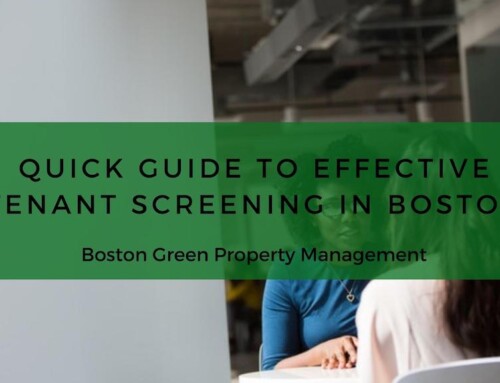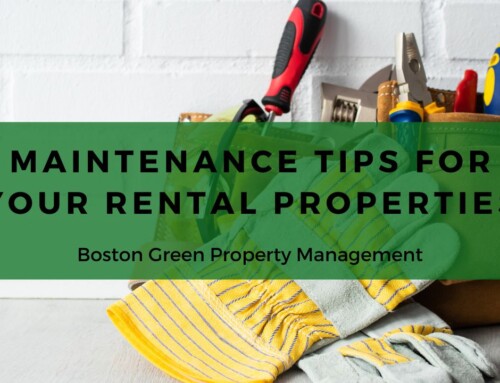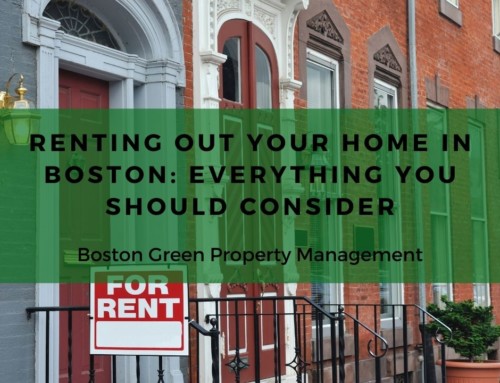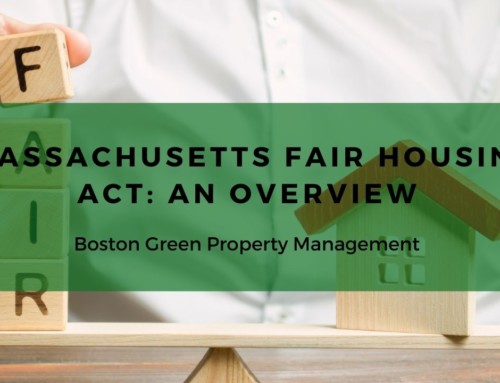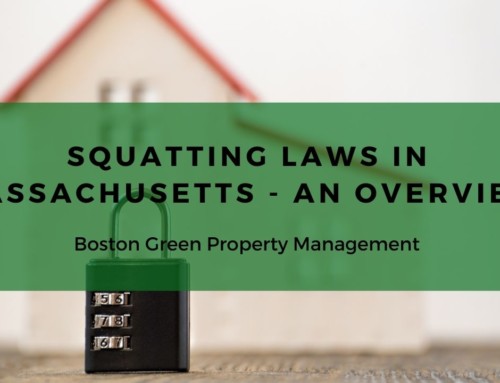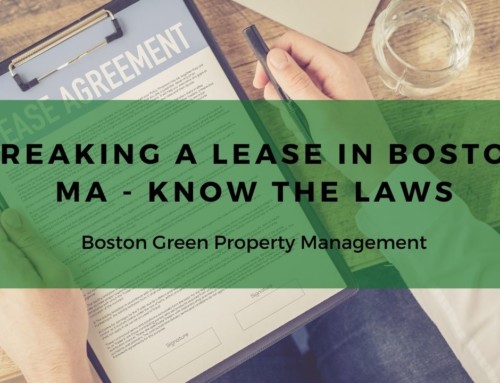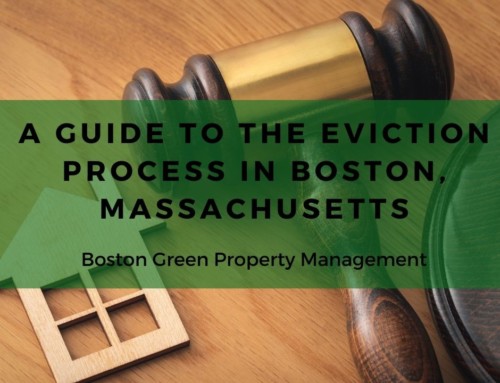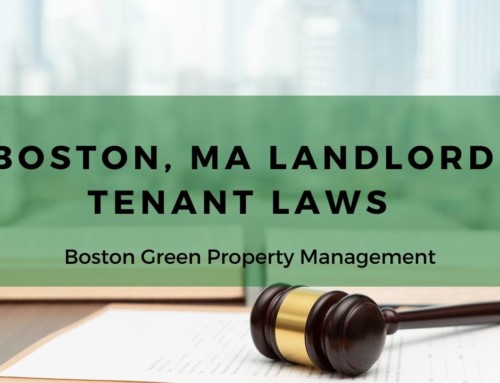In the rental business, charging the right price for a property might mean the difference between success and failure. Overcharging may make the property unappealing to potential tenants, resulting in longer periods of vacancy. On the other hand, charging too little can eliminate the possibility of maximizing profits.
If you’re renting a property for the first time, it’s recommended that you work with an experienced real estate and management expert. This post will look at some fundamental measures that property owners can take to create fair pricing for both the renter and the landlord.
Market Demand
Setting a rental fee is a process that takes time. You must keep an eye on the market and modify the rent accordingly.
For instance, if there is a lot of competition in your area with not a lot of demand from tenants, you need to adjust prices to make your space seem the most appealing. If you’re charging more than your competitors, tenants will not want to sign a lease with you if they know they can get a better deal elsewhere.
With this in mind, the general rule is that you can charge a higher rent if there is a larger demand for your unit. You may need to reduce the rental price to entice tenants when there is less demand.

Set the Price Based on the Facilities
There is no “standard price” for all one-bedroom units, nor is there a “standard price” difference between one-bedroom and two-bedroom units. Unless the units are identical, creating a set price for all your units could backfire.
You can set the rent based on the following:
- The view – A good view of a garden is more desired than those whose view is of the parking lot.
- Modern appliances and amenities – Wooden floors, updated kitchens, and in-unit washer and dryer, make a rental more desired than units without them.
- Square-footage – A one-bedroom unit with a square footage of 800 square feet is preferable to one with a square footage of 500 square feet.
- Layout – There are various layouts and floor plans. A railroad apartment design for instance is generally less appealing than other types of layouts.
- Higher units – Generally people prefer to be in units on higher floors. The exception is in a walk-up, where you’ll have to start cutting the price after the third story because customers won’t want to trek up and down the stairs.
- Storage and lighting – A unit is more appealing if it has additional storage spaces, a balcony, or large windows.
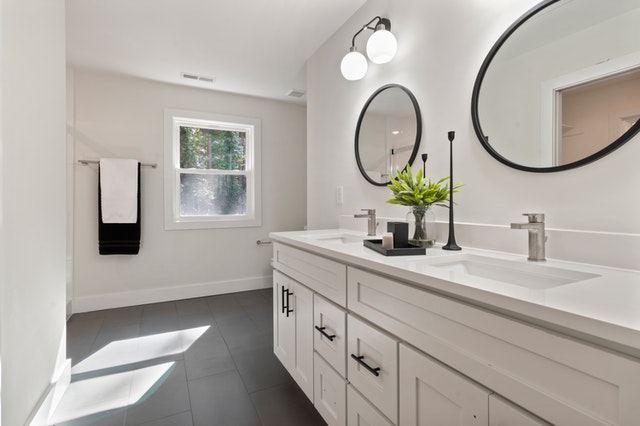
Look at Similar Properties to Help You Set the Right Rent
One thing you should do when deciding how much to charge for your rental is to look at the competition. You want to look for rentals as similar as possible to your own. The following should help you know how to price your rental house:
- Neighborhood – Examine properties in your city, but more precisely, in the same neighborhood as yours. If one side of town is deemed more attractive, prices can differ significantly.
- The number of Bedrooms and Bathrooms – You want to look at houses about the same size as yours. Properties with more bedrooms/ bathrooms tend to be pricier.
- Multifamily vs. Single-Family Homes – Housing costs for single-family homes are often greater than those for multifamily homes.
- New Construction vs. Older Homes – Prospective renters are typically willing to pay a higher price for a unit in a newly constructed building.
Where can you go to find the information necessary to perform these comparisons? Check out:
- Advertisements on the Internet – Sites like Zillow, Trulia, and Hotpads make finding rental houses in your region simple. Keep track of which apartments rent quickly, which ones drop their pricing, and which ones have been on the market for weeks.
- Property Showings – You might even want to see some of the rentals in person to see how they compare to yours. Inquire with the landlord about the level of interest in the property.
- Professional Guidance – Contact a real estate professional to get their opinion on the correct pricing.
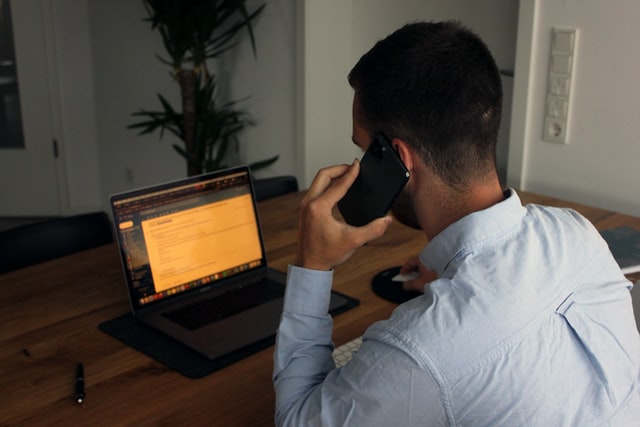
Setting the Right rent Leads to Profits
When it comes to property ownership, everyone has various objectives. Regardless of your goal, the ideal rent should, at the very least, cover all of your property’s expenses including the following:
- Your PITI (principal, interest, taxes, and insurance) and mortgage payment if you have one
- The property’s upkeep and repairs
- Vacancy expenses
Take into account that many property owners, particularly those with significant mortgages or construction loans, will not make a profit until they have owned the property for a long time. Make sure that you have a financial safety net to fall back on until you pay off some expenses and start generating consistent profits.
Hire a Property Manager
Hiring a property management company could provide you with vital insights and assistance to ensure that your rental business flourishes. They’ll be able to conduct market research to ensure that you set the proper rent. Furthermore, they’ll be able to advise you on when to increase or lower rent rates based on changes in the market.
Finally, a full-service property management firm won’t stop once rent is set, they’ll market your units, screen tenants, and handle property maintenance on your behalf.
Bottom Line
Setting the property rent for your units is vital to ensuring the success of your investment. Using the tips above will help you on your way to generating passive rental income.
Don’t have the expertise to handle the ever-growing tasks of property leasing? You will want an experienced and reputable company to ensure that your rentals perform as they should.
Boston Green Property Management is a property management firm that offers a broad range of services. Our vast property management history demonstrates our commitment to providing exceptional property management services to our clients. Contact us and we will take care of all of your needs.



